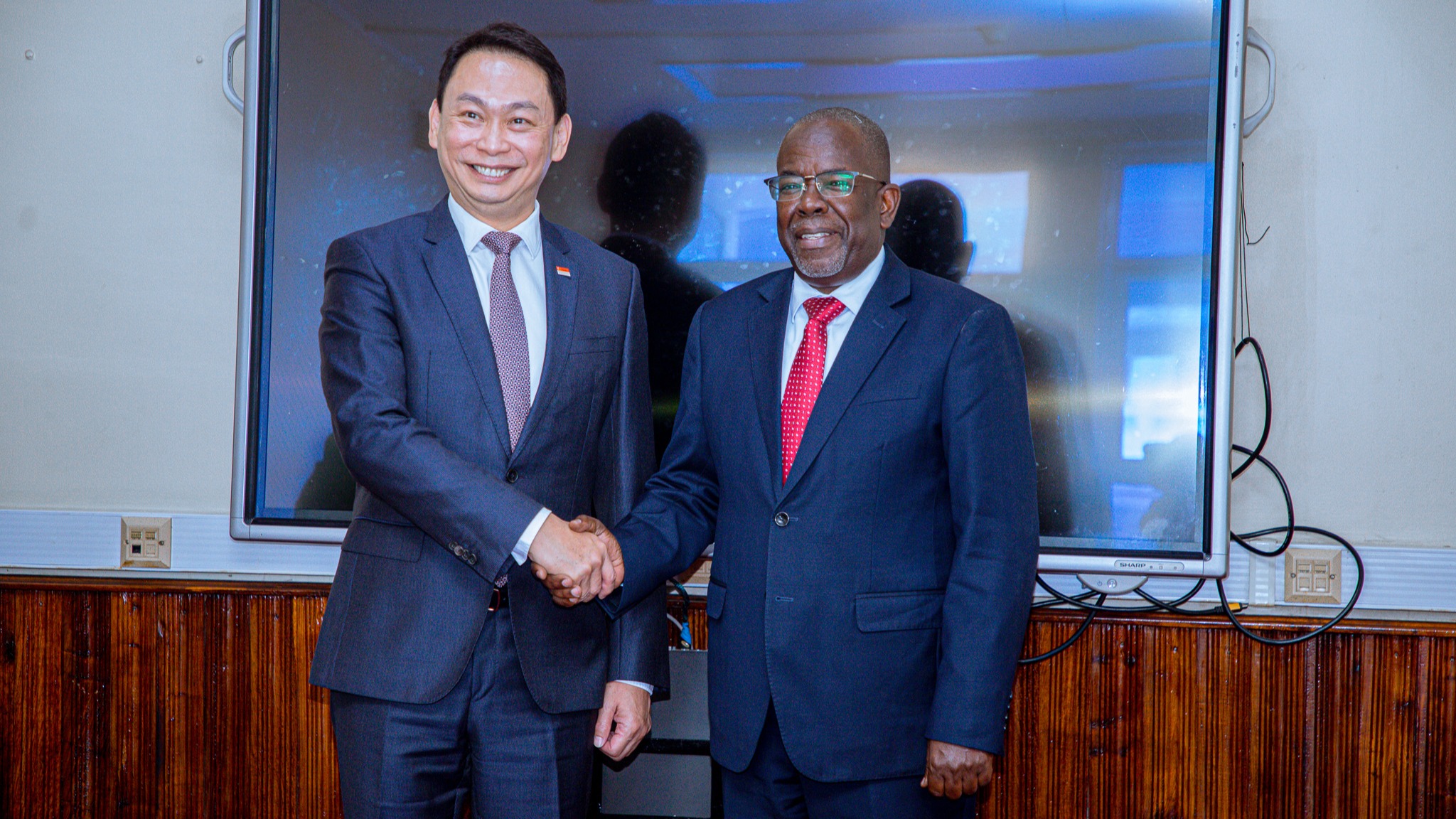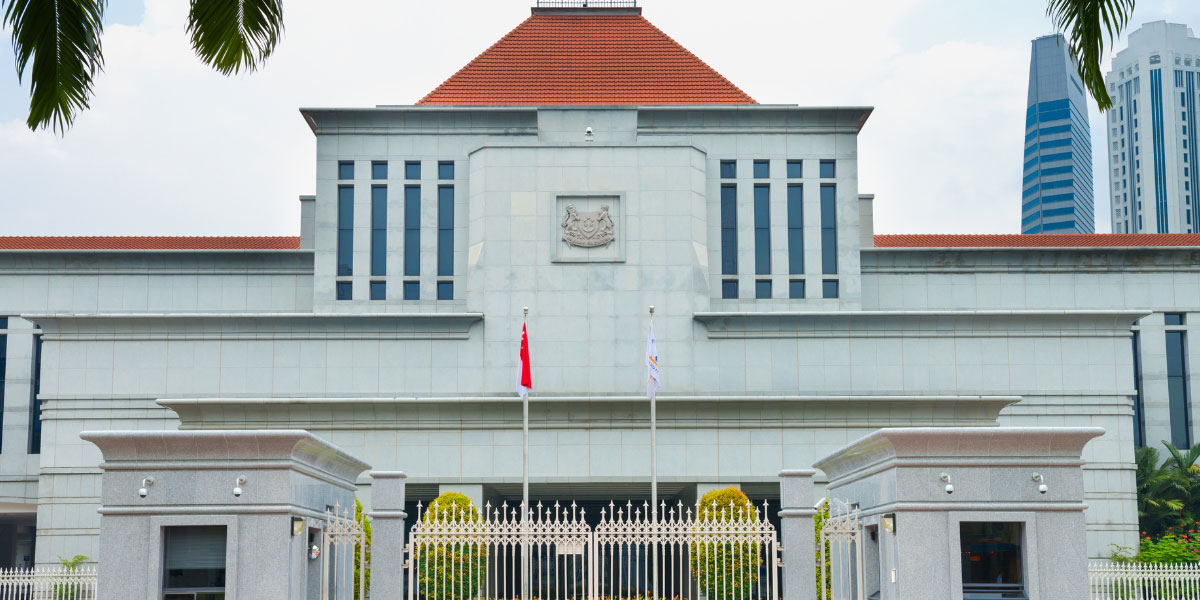The Inland Revenue Authority of Singapore (IRAS) has released guidance on the key areas of GST compliance audits, outlining the consequences of non-compliance on 13 May 2025.
Current Areas of Audits
GST is a self-assessed tax. IRAS conducts regular audits to encourage voluntary compliance among taxpayers and ensure that every taxpayer pays its fair share of taxes.
We identify key areas of compliance risks among taxpayers and adopt a risk-based approach to tailor specific compliance programmes for higher risk industries.
Missing Trader Fraud Arrangements
Missing Trader Fraud is a fraudulent scheme used by syndicates to defraud the government. Singapore does not condone and takes a serious view on Missing Trader Fraud arrangements, as they pose a serious threat to public revenue.
IRAS identifies Missing Trader Fraud arrangements to be one of the key compliance risks areas among taxpayers and conducts extensive audit checks and investigation on businesses and individuals involved in such fraudulent arrangements.
Consequences of Being Involved in a Missing Trader Fraud
If you are involved in such an arrangement:
- You will be subject to detailed audit and investigation.
- You will be notified by the Comptroller that the payment of GST refunds (if any) is withheld if the Comptroller reasonably suspects that the refunds relate to any input tax on any supply made to you which was a part of a Missing Trader Fraud arrangement.
- You will be denied of the input tax on your purported purchases on the grounds that the claims did not meet the requirement under sections 19 and 20 of the GST Act; or under the Knowledge Principle.
- You will have to pay penalties and/or a surcharge of 10% on the amount of input tax claims denied on the grounds that you should have known that your purchases were part of a Missing Trader Fraud arrangement.
- You will be liable to an imprisonment of up to 10 years and/or fine of up to $500,000 upon conviction, if you are found to be the MTF masterminds, co-conspirators and syndicate members who participate in MTF arrangements under section 62C of the GST Act.
- You will be liable to an imprisonment of up to 12 months and/or fine of up to $50,000 upon conviction, if you are a current or former sole-proprietor, partner or director of business entities that are used in MTF arrangements under section 62C of the GST Act.
To avoid the above consequences and to protect yourselves, you should be alert and are strongly encouraged to conduct proper due diligence of business deals and scrutinise the legitimacy of your purchases more carefully to avoid being drawn into Missing Trader Fraud.
Please refer to our webpage on Audits and Investigation on Missing Trader Fraud Arrangements and e-Tax guide ” GST: Guide on Due Diligence Checks to Avoid Being Involved in Missing Trader Fraud (663KB, PDF)” for more information on MTF, including what you need to do to avoid being drawn into a MTF arrangement, as well as how you can report any malpractices to IRAS.
Businesses making low-value GST refund claims
As part of IRAS’ risk-based compliance approach, we have embarked on an audit programme focusing on GST-registered businesses that have claimed low-value GST refunds to ensure that they are compliant with GST rules and that their refund claims are legitimate.
As part of the audit on these businesses, IRAS performs the following checks:
- Visiting the business premises to verify the business operation and activities and to review their documents and records;
- Interviewing the key personnel(s) to understand the business arrangements and transactions; and/or
- Requiring businesses to review their past GST returns submitted and disclose any errors found.
Common errors uncovered
Some errors that we have uncovered in the course of our audits include:
- Dormant businesses making input tax claims in the absence of taxable supplies.
- Input tax claims not supported by tax invoices / import permits addressed to the businesses or simplified tax invoices.
- Input tax claims made on disallowed expenses e.g., motor car expenses, medical expenses.
- Input tax claims made on private expenses (e.g. food & beverages expenses for family, utilities or maintenance fees for residential properties). GST-registered businesses should note that even if you operate your business from home, you are not allowed to claim input tax on expenses related to housing expenses as they are considered personal in nature.
- Zero-rated supplies on export of goods not supported by proper export documents.













